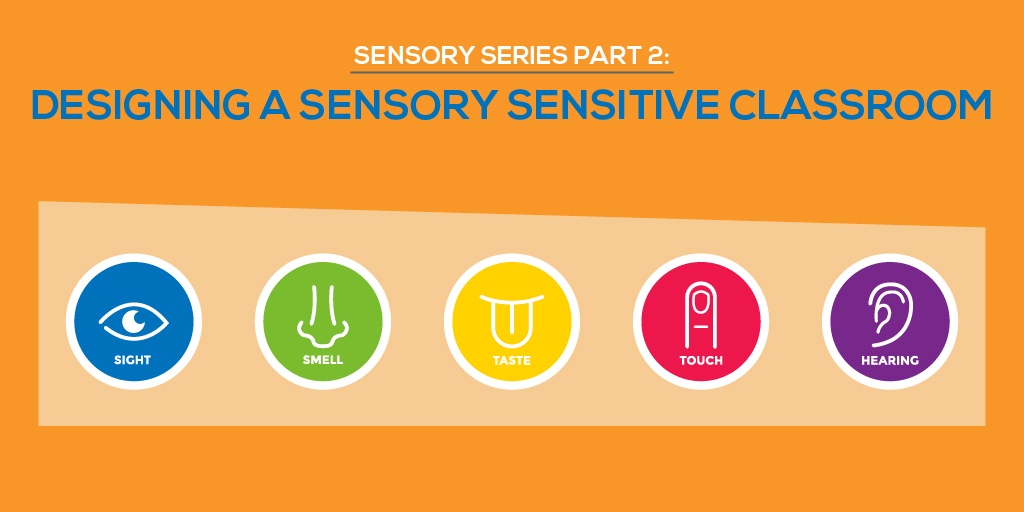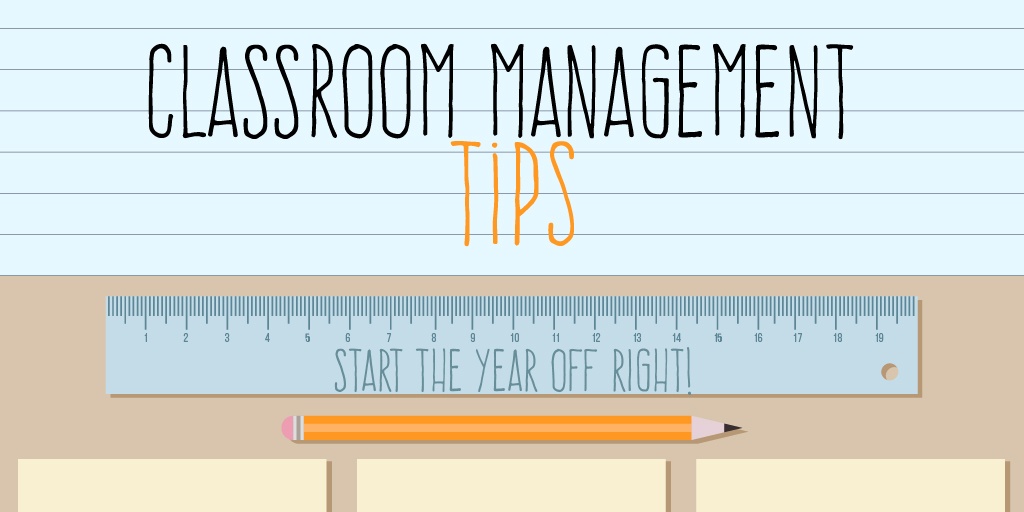Teachers deal with many challenges throughout the year. The top five, which you can read about in a previous post, are having too many masters, budget constraints, time, student needs, and teacher burn-out. And on any given day, these challenges can come at us all at once! I wish I could wave my magical pointer and make these challenges disappear. We teachers may be superheroes, but we unfortunately do not have superpowers—another challenge to add to the list. What I can do is offer some suggestions to help make these challenges a little less challenging:
Topics: tips for teachers, Classroom Management
Sensory Series Part 2: Designing a Sensory Sensitive Classroom
In Part 1 of the Sensory Series, we discussed meeting the various sensory needs of students. The classroom environment plays a major role—and when it comes to setting up a classroom, there are already so many things to consider. Teachers have to find a spot for everyone to sit, think about the flow of the room, the space for technology, the location of the MimioBoard touch board, and where to put the Kleenex. Whew! And this doesn’t even really scratch the surface.
Topics: education industry, Classroom Management, Sensory Needs
Here we go—off to another year! We’ve got the bulletin boards up, pencils sharpened, desks arranged, nametags labeled, and we feel well-rested after the summer break. We come into each year with a renewed sense of energy, ready to tackle all of the challenges that come our way. Here are the top five challenges we commonly face in the classroom as teachers:
Topics: tips for teachers, Classroom Management
As we look at our classrooms to arrange them for the start of the year, we should ask ourselves this reflective question: “What type of classroom do I want to create?” Or even better, “What type of learning environment do I want my students to experience?”
There are different answers to these questions, and multiple answers are correct. As a teacher, you must first teach from the heart—from your own heart, and not someone else’s opinion of what teaching should be. The environment that is created should not be gathered from Pinterest, but should sprout from your own philosophies about teaching and effective learning.
Topics: classroom assessment, Classroom Collaboration, 21st Century Skills, Classroom Management
August: It’s BAAAAAAACKKKKK! I always marvel at how fast the summer goes. It doesn’t matter whether you have been teaching for 20 years or if this is your first time at the rodeo, the first few weeks of school are the most crucial. You are setting the tone for the entire year, and it is imperative to have a great start. Good classroom management is one of the most important qualities of being an effective teacher. So, as you soak up the last few days of summer, here are some tips to ensure a successful year.
Topics: curriculum, tips for teachers, Classroom Management
“Positive relationships with students.” “Making strong connections.” “Being relatable to your students.” No matter how I ask about it in an interview, it all essentially means the same thing. Can the teacher connect with students? I ask it every time, and it is one of the most important questions of the interview.
Here's why this is critical: Connecting with students not only relates back to the student’s sense of belonging in school, it's also heavily tied to motivation. If a student isn’t motivated in the classroom, the teacher’s first “go-to” should be to try to connect with them. This should come before any incentive program or consequence for lack of trying.
Topics: Administrator Resources, tips for teachers, Classroom Management







